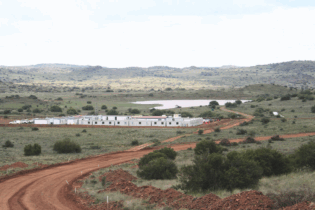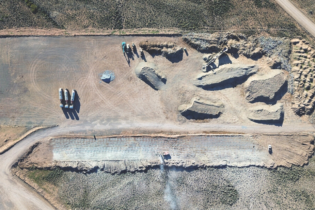Judge Lee Bozalek of the Cape Town High Court found that some aspects and processes of the programme was unconstitutional as government had not followed the correct process when making decisions to pursue the option of nuclear power.
Earlife and SAFCEI’s argument challenged the manner in which government determined South Africa’s nuclear energy needs. Kubayi said that if the nuclear project goes ahead, localisation will be an integral part of any future deal. This comes in light of the Intergovernmental Agreement that was signed between South Africa and Russia in 2014 agreed to the cooperation between Rosatom and Eskom, which planned to build 9,600 MW of nuclear energy capacity. Kubayi told Eyewitness News: “This is the mistake we’ve made previously where we built a nuclear plant and never ensured that there was a skills transfer or localisation, so that South Africans benefit from this and are able to do things themselves in future.” She emphasised that going forward, the process will be transparent.
Energy minister Mmamaloko Kubayi has a vision for young South Africans to be “global nuclear leaders”.
Speaking to media at a recent expo in Moscow on Monday, Kubayi said the country’s youth have a place in the proposed nuclear programme and would need to be trained in order to develop in a field as critical as energy.
She said that while youth month brings to the fore many opportunities that still need to be created for young professionals, it was important to note that her department has a keen focus to empower youth South Africans through a skills transfer programme.
She said such a programme was integral to the rollout of the nuclear programme.
Earlier this year, a court case brought against the energy department by Earthlife and the South African Faith Communities’ Environment Institute (SAFCEI) put a spanner in the works for the nuclear programme rollout.








